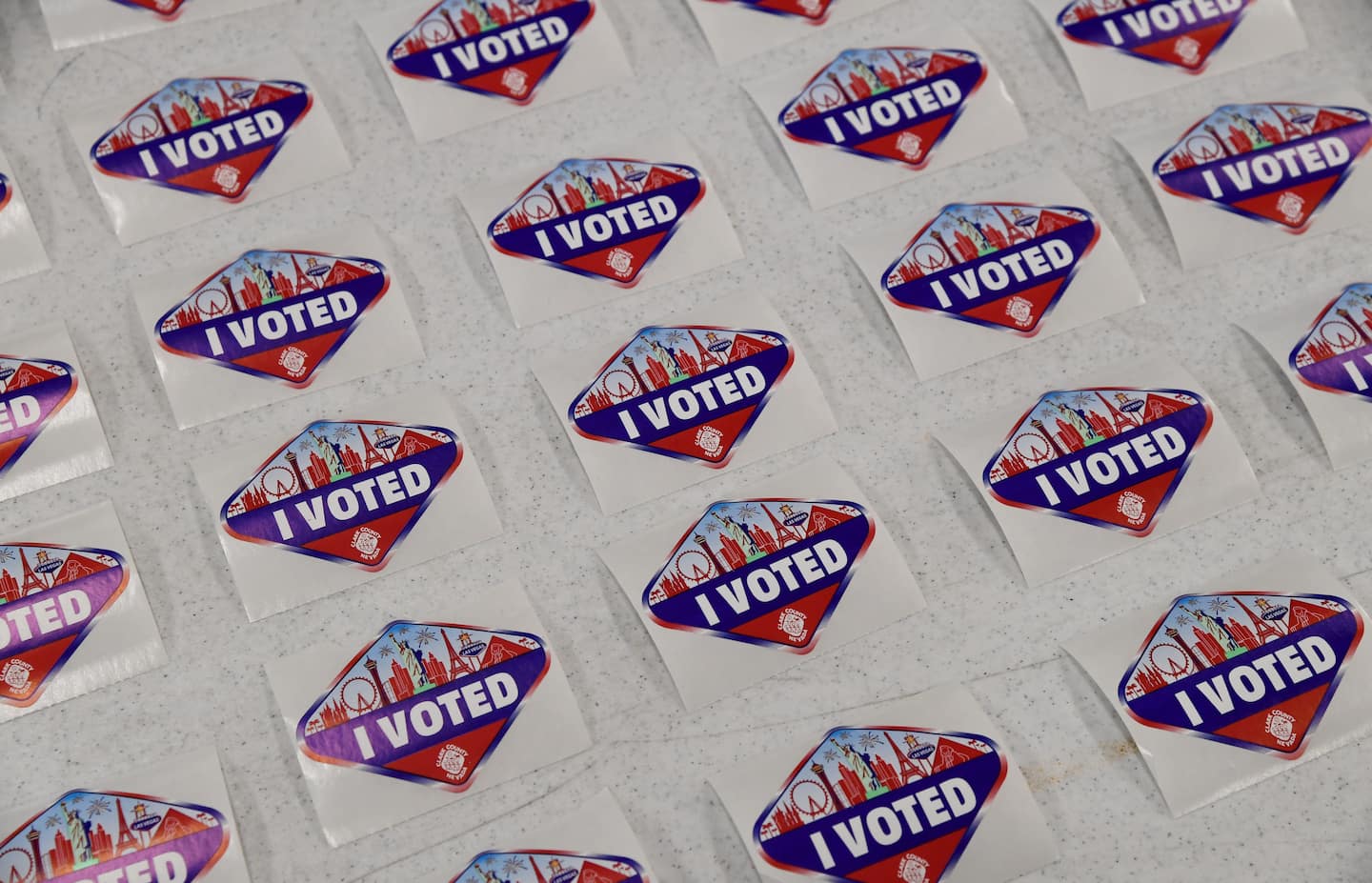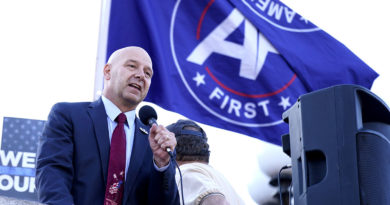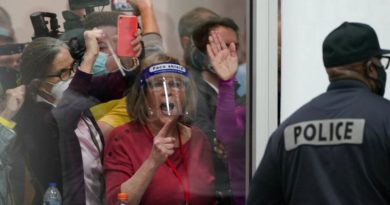Republicans say they are concerned about election security. Here’s what they should do about it.

Voting laws are largely controlled by states. They determine issues such as regulations for mail-in voting; how such ballots are reviewed to ensure the voter, not some other person, actually cast the ballot; and the use of partisan monitors to view the vote-counting process to prevent ballot box stuffing. They can influence, if not fully control, questions on how to keep voter rolls up to date as people move or die. They, not the federal government, are therefore in control of many important mechanisms that ensure ballot integrity.
Republicans control state legislatures in all of the six closest states in the most recent presidential election. Republican legislators can convene serious investigations into ballot integrity in those states and see what the facts show.
Too little of the discussion over ballot access and integrity is driven by facts. Democrats make wild assertions about voter suppression that look ridiculous in light of the record-high voter turnout we have experienced in the past two elections. If Republicans are trying to suppress turnout, they have been mighty incompetent at doing so. Meanwhile, Republicans make wild assertions about voter fraud, alleging, for example, that millions of noncitizens vote without serious evidence. Both sides’ accusations are likely wrong, but we cannot know how wrong they are unless legislative entities make serious, nonpolitical inquiries into what is actually happening.
Any investigation will surely turn up anecdotes of wrongdoing, bad record keeping or voters who felt turned away from the polls because of a mixup or legal barrier. Law should not be made on anecdote, however, especially on matters as central to trust in democratic institutions as voting. An investigation such as this will have persuasive power only if the investigators are open to reporting facts rather than chasing preordained conclusions.
Serious investigations will likely turn up evidence of problems, but not extensive cheating or fraud. Take the question of voting by noncitizens. Many believe that millions of these people vote every year. The Census Bureau estimates there are 20 million adult noncitizens in the United States. After the 2016 election, Trump alleged without evidence that between 3 million and 5 million noncitizens voted. If that were true, as many as 25 percent of the noncitizen population voted illegally. The left-leaning Brennan Center for Justice, on the other hand, claimed in a recent report that only 0.0001 percent of 2016 votes were cast by noncitizens in jurisdictions it studied, but this was based solely on interviews it conducted with election officials rather than a systematic study of voter rolls themselves. The truth is almost certainly between these wildly improbable extremes, and only a serious, comprehensive investigation can determine whether there is a problem with noncitizen voting that needs to be solved or whether it is just an urban legend.
The same is true with partisan observers. The laws all states have to permit partisan observers to monitor voting and vote counting were mostly written when almost all votes were cast in person on Election Day. But now, tens of millions of people vote by mail or in person at early vote centers. The way in which these votes are cast and counted may make it harder for partisan observers to provide the important oversight role they are intended to contribute. Factual investigations of how elections are actually conducted can help us determine the manner and extent to which laws need to be rewritten to ensure ballot integrity in the new age of voting.
Some might say such investigations will only reinforce conspiracy theories, but the opposite is true. Polls show a huge number of Republican voters believe the 2020 election was stolen and that voter fraud is a real problem. They will not regain trust in U.S. elections unless authorities they trust undertake a substantive, serious and thorough investigation of these charges. Factual investigations by Republican state legislatures can go a long way to rebuilding their trust in our elections.
The fact that this election was not stolen does not mean there are not problems to fix. Identifying what they are is a necessary precondition to bipartisan efforts to fix them. That’s an admirable and important task for state legislatures to take on.
Read more:
*** This article has been archived for your research. The original version from The Washington Post can be found here ***


